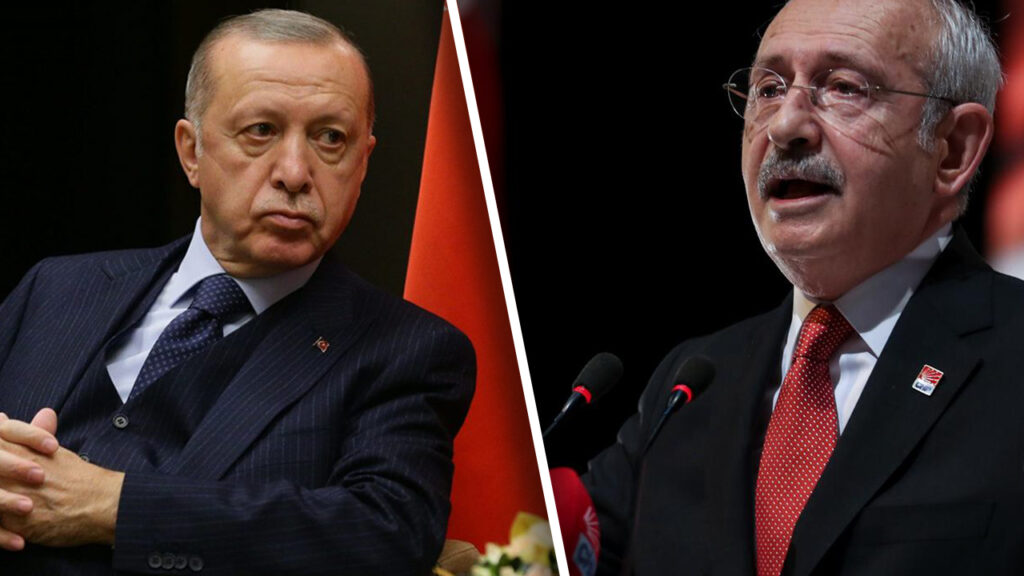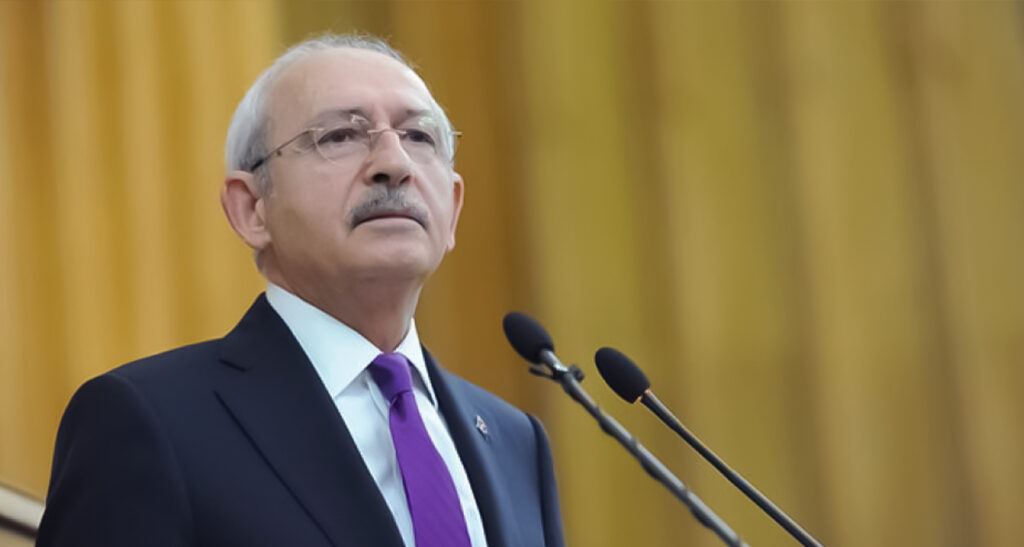Matt Broomfield
Whatever the result of Sunday’s crucial run-off election between incumbent President Erdoğan and his challenger Kemal Kiliçdaroğlu, the country will continue plotting a course between Moscow and the Washington-led NATO security alliance. Though the balance would likely swing back toward the West should Kiliçdaroğlu achieve what looks like an increasingly improbable victory, in Turkish politics, such moves are always contingent and strategic. Moreover, both potential presidents are united in their willingness to use their geostrategic location between the two power blocs to their advantage to secure concessions for domestic policies marked by varying flavours of authoritarianism and the repression of minority rights.

This strategic alignment has a long precedent. Even confining ourselves to the past century since the 1923 foundation of the Turkish Republic, we can instantly recognise the same practice of tacking between East and West. Following Soviet support to Mustafa Kemal Atatürk’s forces during the Turkish War of Independence, the country remained largely neutral in the run-up to the Second World War, focusing on implementing the Kemalist programme of secular, modernising and progressive reforms represented as a process of Westernisation – and on selling chrome to both sides of the conflict once war broke out. Sales of this vital substance, used in the production of materiel, continued until it became clear that Germany was going to lose – whereupon the Republic made the smart decision to symbolically declare war on both Germany and Japan.
This tactical move, made in the dying days of the Reich, allowed Turkey entry into the UN in 1945 and subsequently into NATO, again as a founding member. Turkey stood at the very heart of the ‘Truman Doctrine’, the US foreign policy aimed at containing the USSR, often at the cost of propping up regimes equally or far more authoritarian than those they were supposed to oppose – sometimes resulting in atrocities like the genocide of half a million alleged communist sympathisers in Indonesia. In the Turkish case, military and economic aid from the USA helped the Republic to weather a series of coups and the growing internal conflict over the Kurdish issue. Naturally, the collapse of the USSR brought rapprochement, as the cyclical relationship between the two states entered its warmed phase for half a century.

President Erdoğan’s policy of using his strategic alignment to present Turkey as the only nation capable of brokering agreements between West and East has been well documented. Conversely, his challenger Kiliçdaroğlu has stated he will bring the country more into line with NATO orthodoxy on the Ukraine conflict, scrapping Turkey’s controversial Russian-provided missile system, among other measures. Europe and the USA would be happy to see Turkey return to the fold — so happy, in fact, they may well reward Kiliçdaroğlu with re-entry into crucial Western weapons technology, perhaps even the F-35 fighter jet program from which Erdoğan is currently excluded.
But nor would Kiliçdaroğlu be likely to make a total break with Moscow – his policy, rather, is the pursuit of ‘equal relations’. While seeking energy autonomy to replace Turkey’s potential reliance on Russia, he has called for continued economic engagement and opposed calls for the closure of the Bosphorus to Russian warships. While his approach would be more palatable to Washington, it would be marked by the same strategic balancing act which marked the early years of the Turkish Republic. In the same fashion, President Erdoğan will continue his own strategy of using his position as an ‘indispensable’ NATO member to continue seeking concessions for authoritarian measures at home and military operations abroad, in the likely event of his re-election.
Each candidate will seek to make a distinct break with the recent past, if elected: obviously, Kiliçdaroğlu will want to distance himself from his predecessor’s provocative foreign policy line, while Erdoğan will seek to consolidate power still further and ensure there can be no repeat of his worst-ever electoral scare and assert himself as the country’s natural and reliable leader. Regardless, whether it manifests as mass deportations to Syria on the one hand or vote-winning military operations against the Kurds, a pragmatic geopolitics intended to secure and entrench domestic control will remain the order of the day.
Matt Broomfield is a freelance journalist, poet and activist. He writes for VICE, Medya News, the New Statesman and the New Arab; his prose has been published by The Mays, Anti-Heroin Chic and Plenitude; and his poetry by the National Poetry Society, the Independent, and Bare Fiction. His work was displayed across London by Poetry on the Underground, and he is a Foyle Young Poet of the Year.










